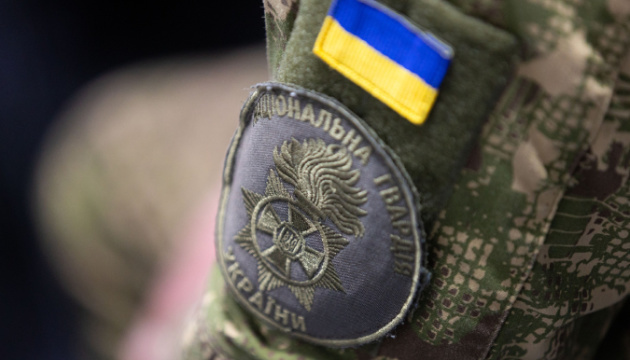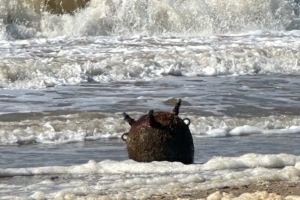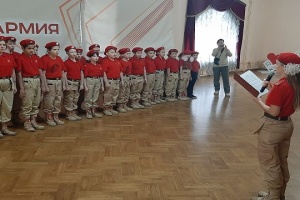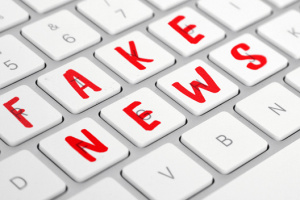
Army, intelligence, volunteers champion public trust in Ukraine
This is evidenced by a recent poll run by InfoLight.UA, entitled “Current State of Social Cohesion in Ukraine. Trust, Economy, Social Sentiments,” Ukrinform reports.
Experts analyzed the resilience of Ukrainian society and the state amid the Russo-Ukrainian war.
“The Armed Forces of Ukraine, volunteers, and territorial defense – as a unit of the Armed Forces of Ukraine – enjoy the highest level of trust among Ukrainians. However, among specific agencies within the Security and Defense Forces, the HUR (defense intelligence – ed.) holds the lead,” said Yuriy Honcharenko, project manager at the NGO “Fund for the Promotion of Democracy”, founder of InfoLight.UA.
According to the expert, people’s top trust in the Armed Forces is due to the fact that Ukrainians are united by the desire to win or end the war on acceptable terms, which can only be ensured by the Defense Forces of Ukraine, he explained.
HUR’s lead in the trust rating among agencies could be explained by the fact that defense intelligence has proven itself as one of the most effective bodies, capable of performing extremely complex tasks, Honcharenko opined.
“The Main Intelligence Directorate of the Ministry of Defense of Ukraine had less than 5,000 operatives in service until 2014. Under the leadership of Kyrylo Budanov, it turned into a real Ukrainian ‘Mossad’, giving nightmares to Russians from the Far East to Africa,” Honcharenko noted.
According to the study, if a socially fair mobilization reform is implemented, up to 34% of those entitled to military service expressed their willingness to join the army. Under the conditions of ensuring transparency, social justice and fair distribution of the mobilization burden on society, those who are called “draft evaders” said they would volunteer to join the army, said Honcharenko.
The study covered more than 80 questions divided into seven thematic blocks, including psychological resilience (Resilience Index), social cohesion (Cohesion Index), economic confidence, information resilience, attitude to defense and mobilization policy.




